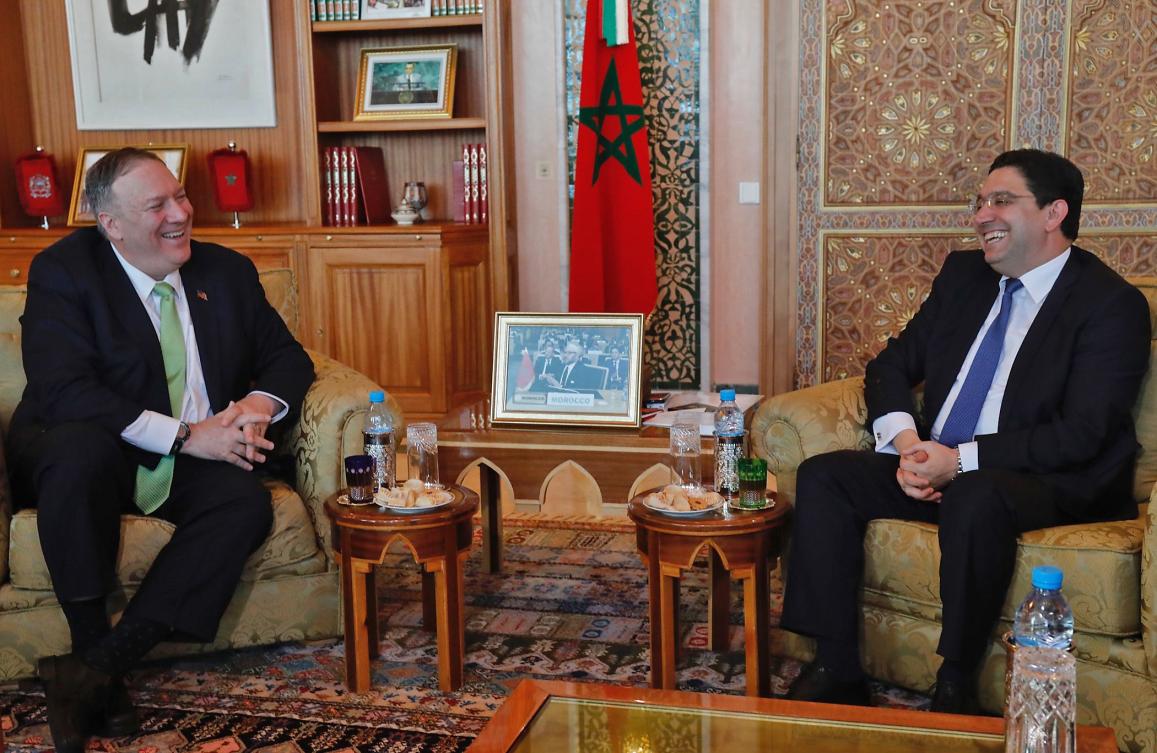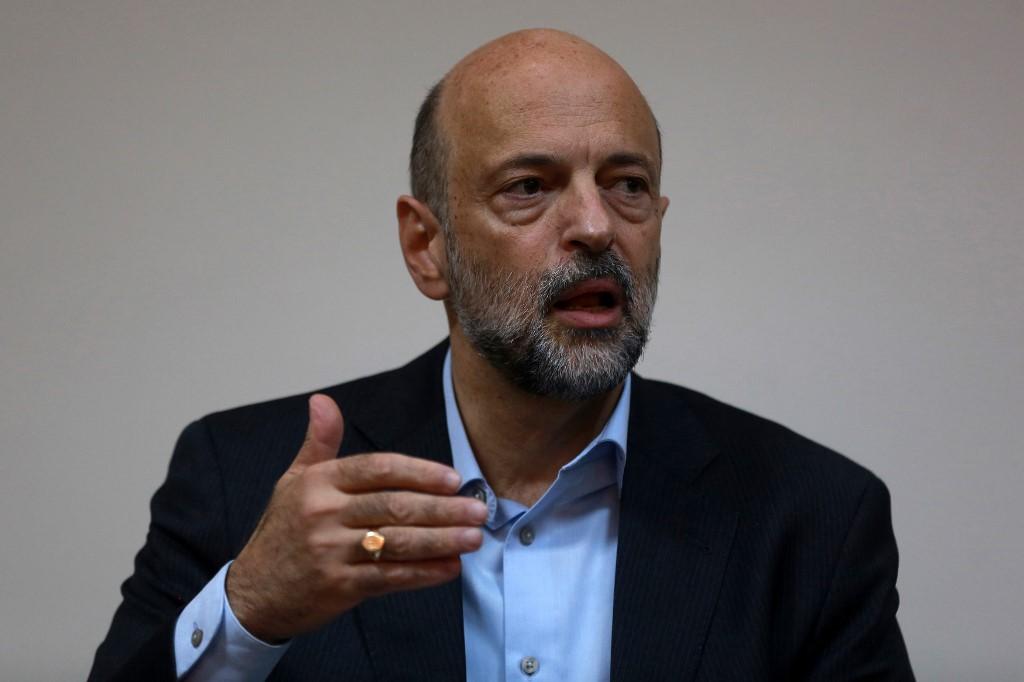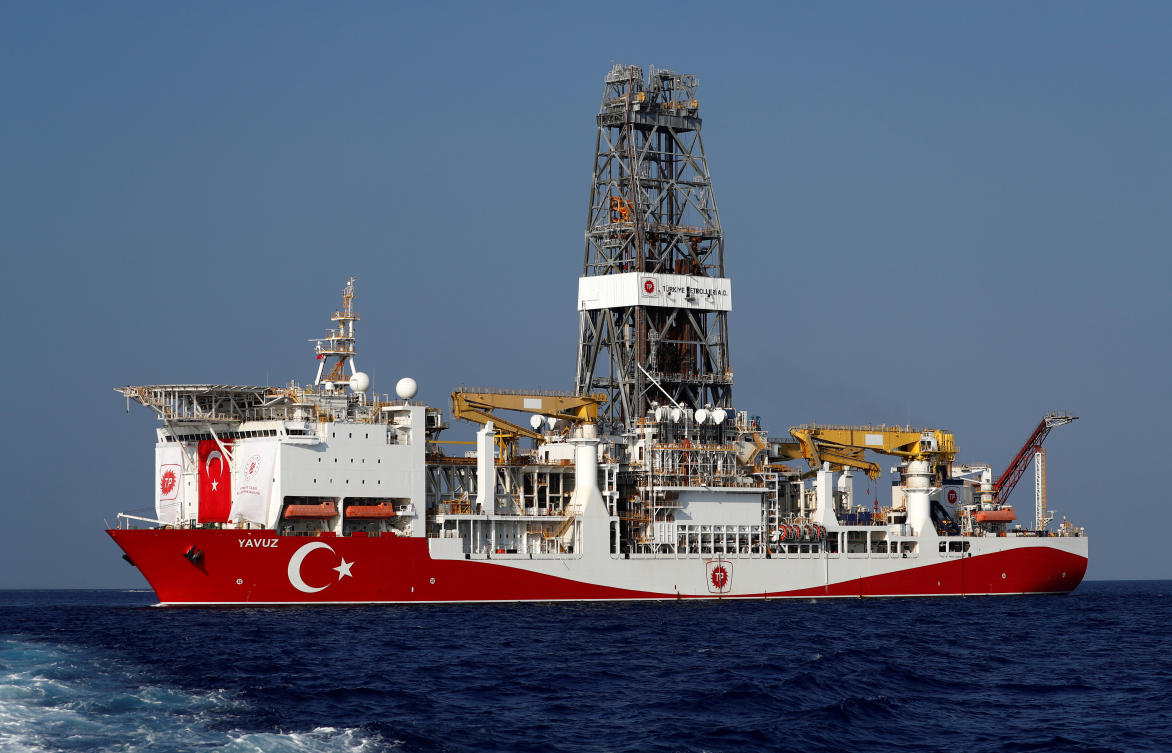ANKARA: The EU’s top foreign representative on Thursday held talks with his Turkish counterpart as tensions continued to mount over a controversial deal on maritime boundaries signed between Turkey and Libya.
Josep Borrell, the EU’s high representative for foreign affairs and security policy, met with Turkey’s Minister of Foreign Affairs Mevlut Cavusoglu in the Slovakian capital Bratislava to discuss the agreement which aims to delimit maritime zones in the eastern Mediterranean.
The memorandum of understanding (MoU) inked between Ankara and Libya’s internationally recognized Government of National Accord (GNA), has further deepened a regional dispute over Turkey’s energy exploration plans for the waters.
The deal now has to be approved by the Turkish and Libyan parliaments for drilling operations to begin. According to a leaked report on Wednesday, the MoU covers a continental shelf reaching 18.6 nautical miles from the Turkish coast, referred to by Ankara as “Blue Motherland.”
The Turkish government has claimed its actions are based on international law, but Greece, Cyprus and Egypt have dismissed the deal as “illegal” as it ignores the presence of the Greek island of Crete between the Turkish and Libyan coasts.
However, Turkey has said that islands situated on the opposite side of the median line between the two mainlands, did not possess any right to establish their own maritime jurisdiction areas.
Commander of the Libyan National Army (LNA), Khalifa Haftar, whose forces have been in conflict with the GNA in Tripoli, on Wednesday also strongly condemned the maritime deal and called on the UN Security Council to intervene.
He described the GNA as “brain dead” and argued that it had no authority to sign such agreements.
In the meantime, Brussels, which may proceed with some punitive measures in response to any “unauthorized” drilling, is trying to use diplomatic channels to resolve the situation.
But the day before Borrell’s meeting with Cavusoglu, Turkish Energy Minister Fatih Donmez resolutely announced Ankara’s plans to launch oil and gas exploration in the region soon.
Turkey is not a signatory to the 1982 UN convention regulating maritime boundaries (UNCLOS).
Unal Cevikoz, a former Turkish ambassador and currently serving as deputy for the main opposition Republican People’s Party (CHP), said: “If Turkey could have agreed with Egypt and Israel in the past over the delimitation of maritime jurisdiction areas, it would be possible to prevent now any challenges related to the energy resources of the eastern Mediterranean.
“Ankara hasn’t nominated yet any ambassador to Egypt, Syria and Israel, which are countries bordering the eastern Mediterranean, and this deal pushed Turkey into a conflict zone where two governments in Libya clash with each other, rendering Ankara a party of this war,” he said in a statement.
Samuel Ramani, a geopolitical analyst and doctoral candidate at the University of Oxford, in England, said: “Turkey, by moving ahead with the deal on the Mediterranean Sea with the GNA, unambiguously inserts itself as an important player in the Libyan conflict.
“Turkey was widely believed to be supporting the GNA prior to Haftar’s campaign to capture Tripoli, and has been linked with arms transfers to the GNA, but this diplomatic deal reinforces its alignment with Libya’s GNA government,” he told Arab News.
Ramani added that the timing of Turkey’s actions was interesting, as Haftar was coming under growing pressure from the US and other members of the international community to abandon his military ambitions, which increased the GNA’s short-term security as a fighting force.
“So, Turkey is stepping up its role to increase its long-term influence over the GNA and compete for reconstruction contracts,” he said.
For some experts, Turkey’s backdown on its threat to block NATO plans for the Baltics at its London summit, was aimed at giving Ankara the upper hand in future negotiations on its other plans, including those in the eastern Mediterranean.
“Turkey definitely viewed the NATO summit as a victory for its foreign policy, and its decision to lift the blockade on eastern European aid illustrated these sentiments,” Ramani said.
Meanwhile, Cyprus is set to launch legal action at the International Court of Justice (ICJ) in the Hague against Turkey’s exploratory gas drilling in waters where the Greek Cypriots claim exclusive economic rights.
According to Ramani, Turkey will try and channel the EU’s potential punitive measures toward Greek Cypriot drillers, while Cyprus’ ICJ case blames Turkey.
Ramani added: “If the ICJ rules in Cyprus’ favor, then sanctions are a possibility, but for now, it will likely remain a threat from the EU rather than a geopolitical reality.”







